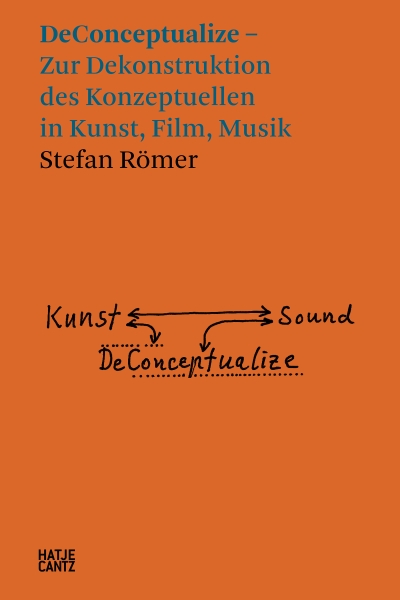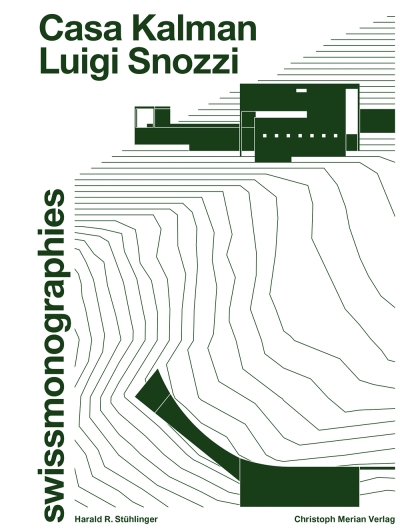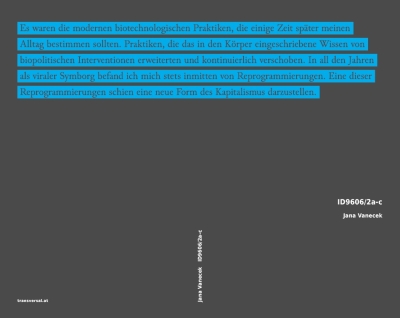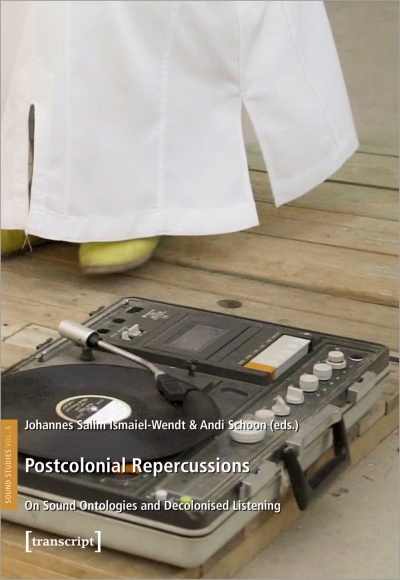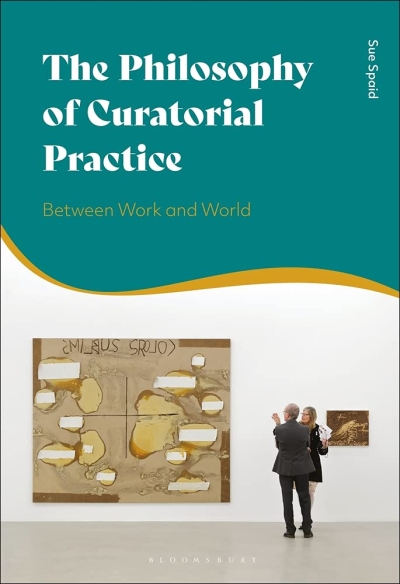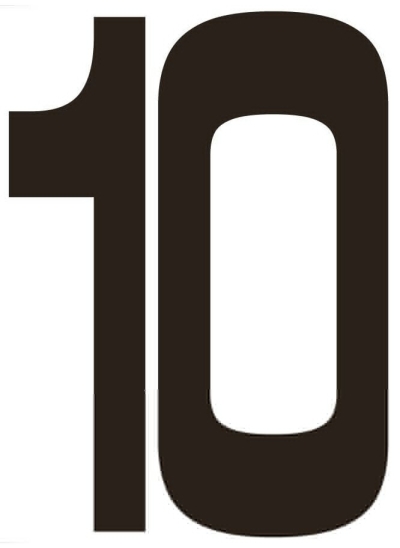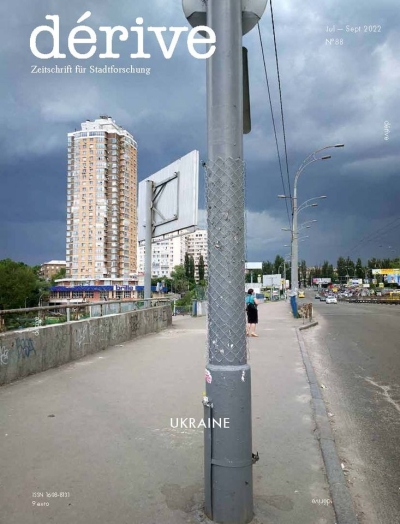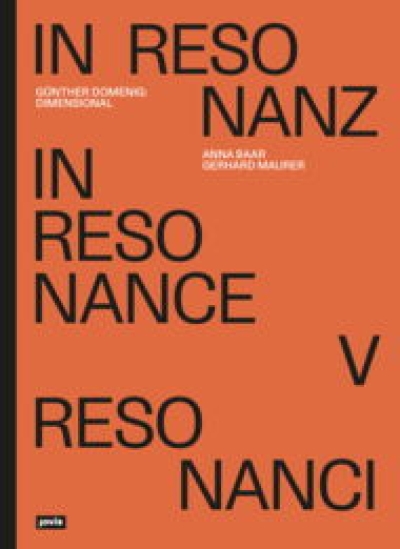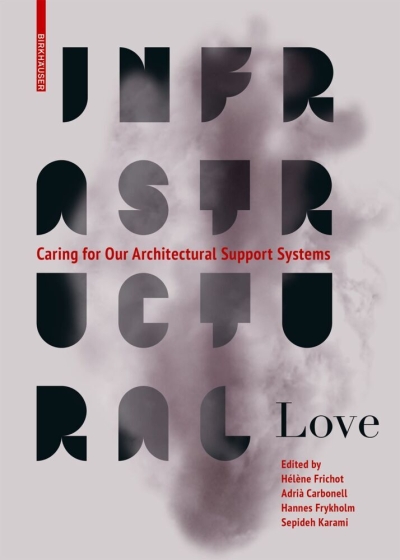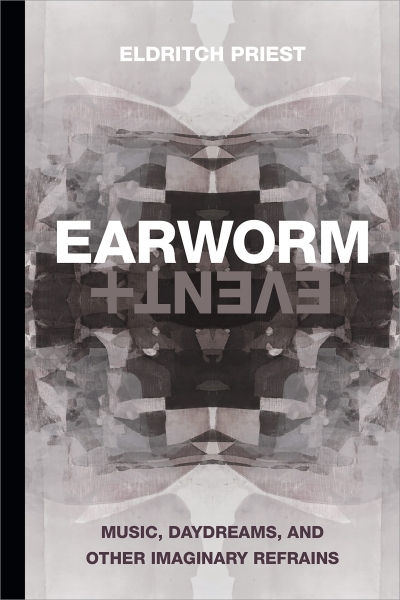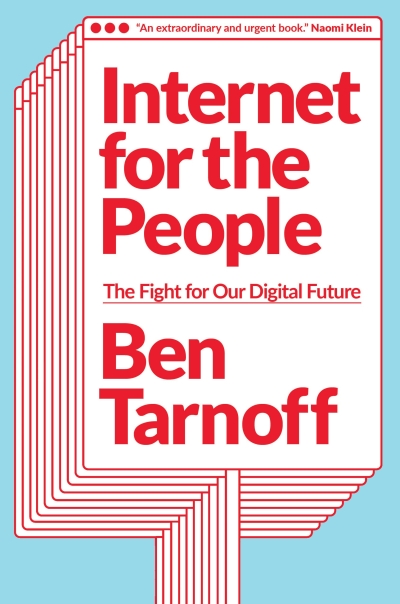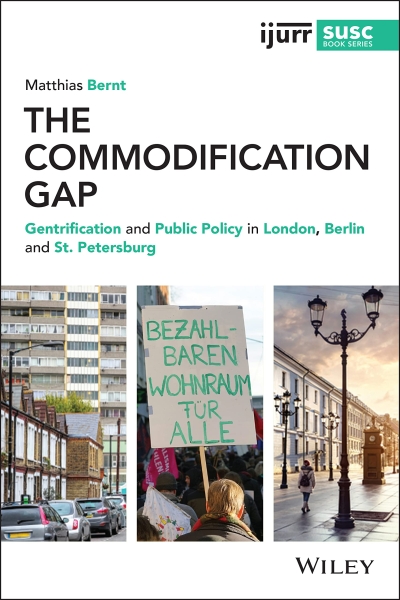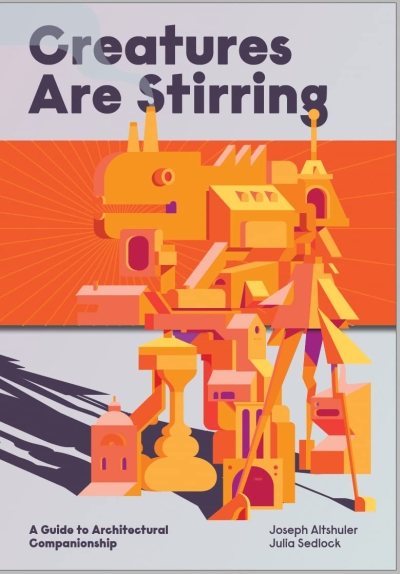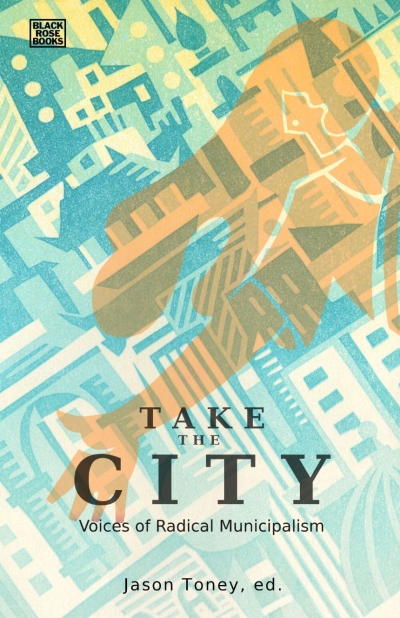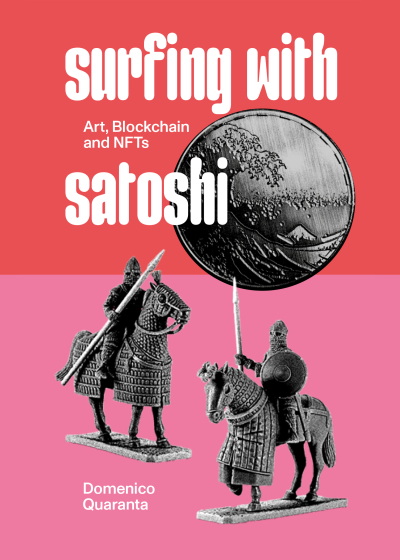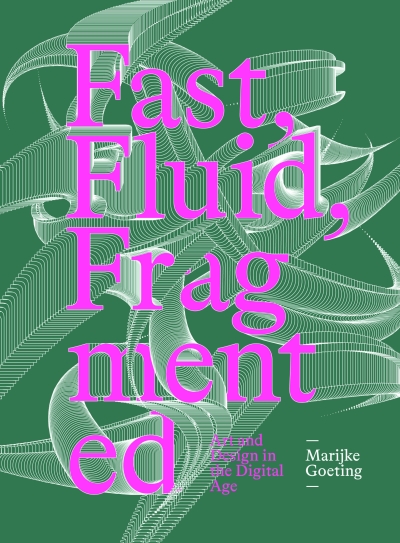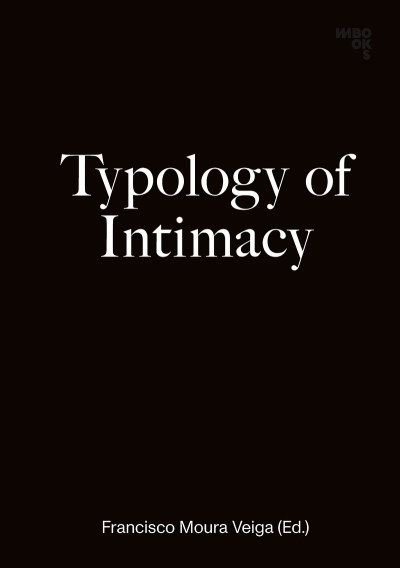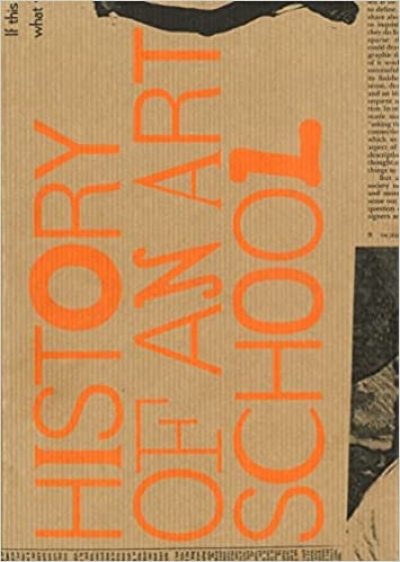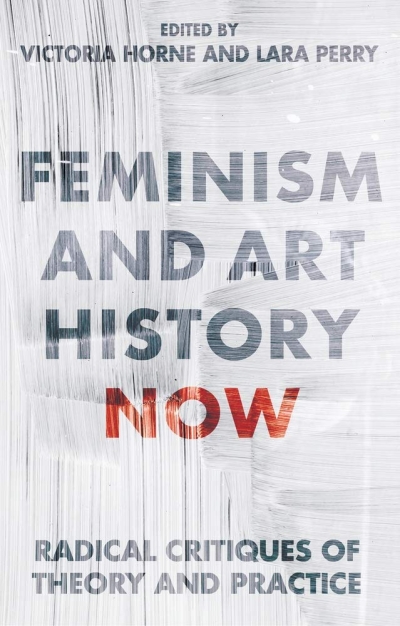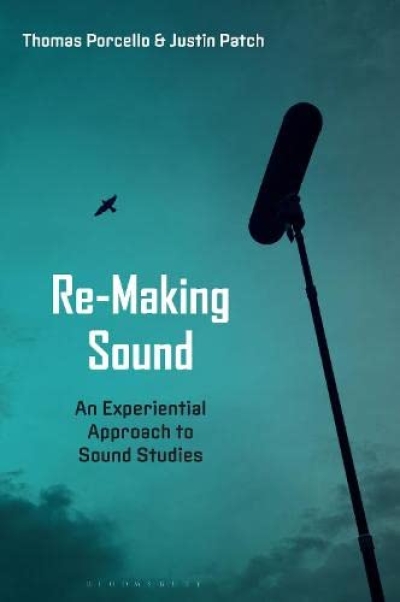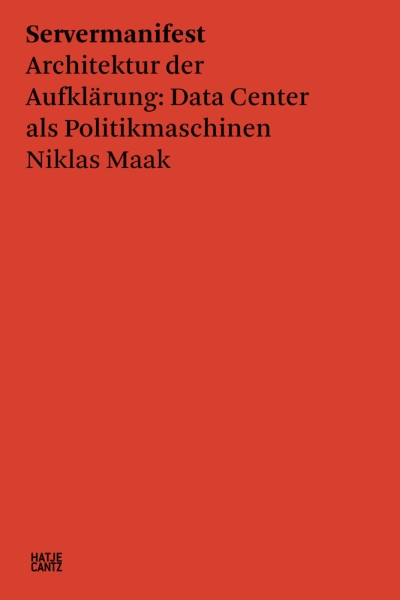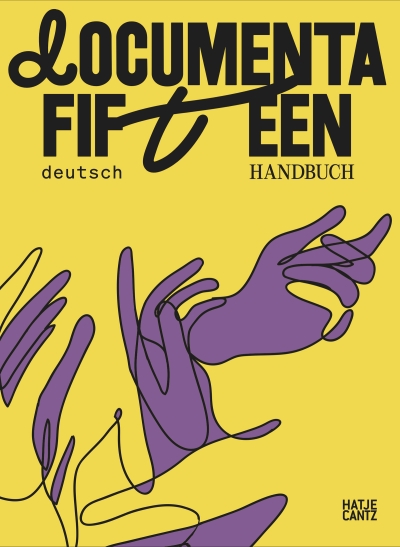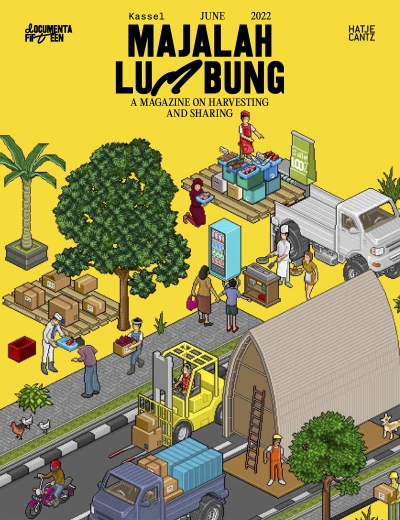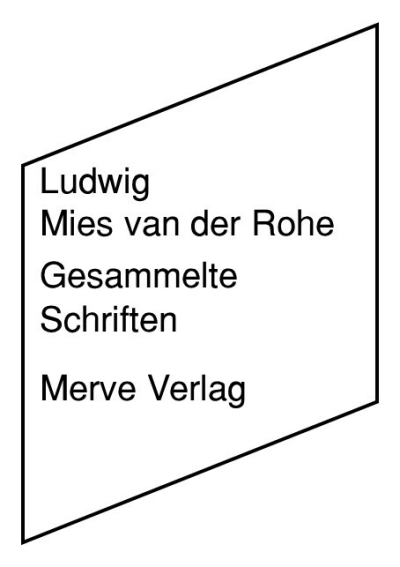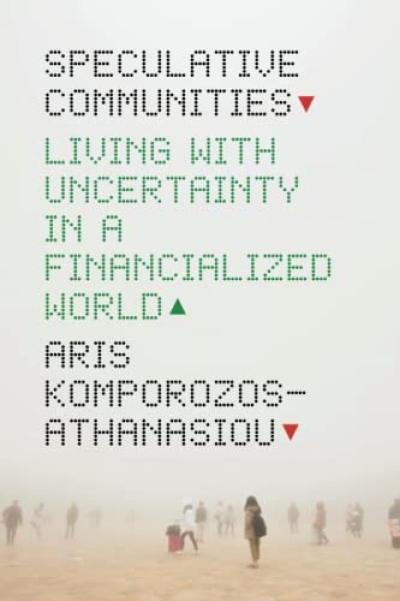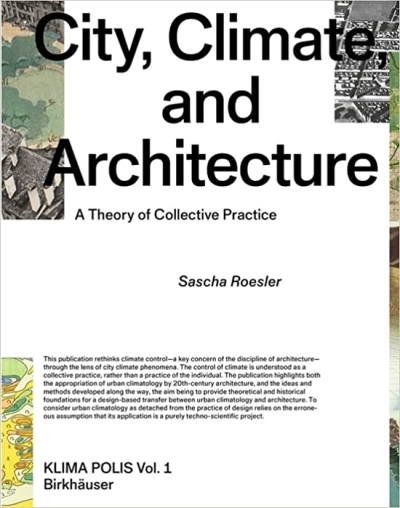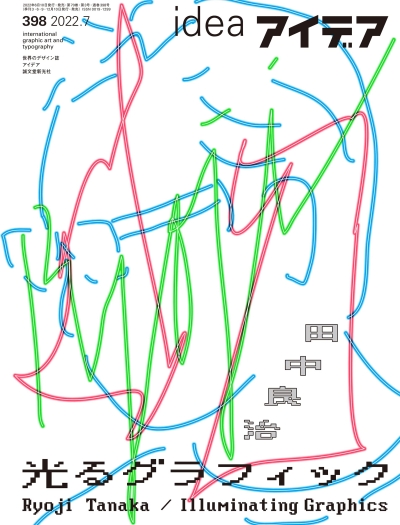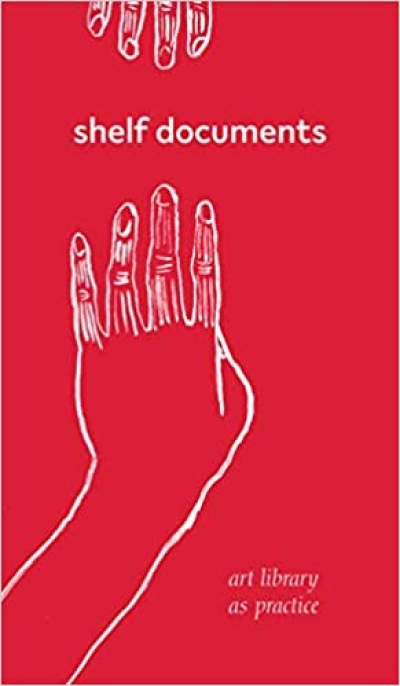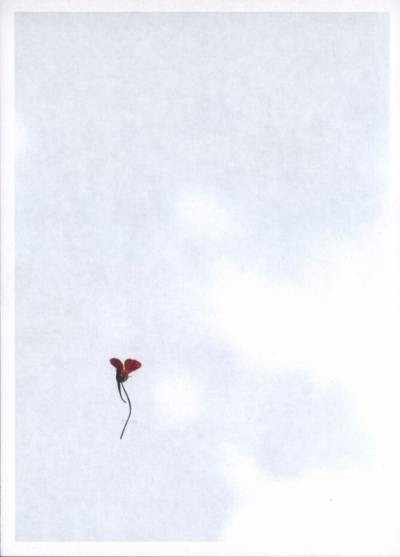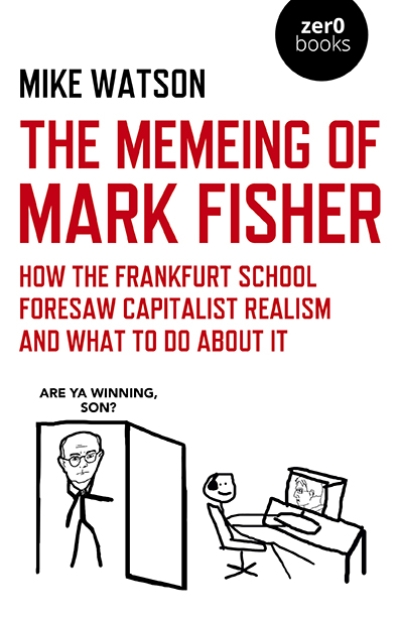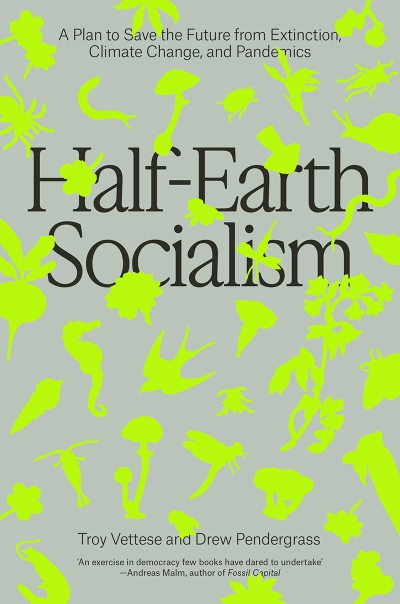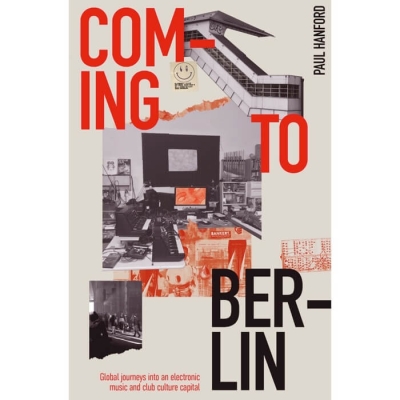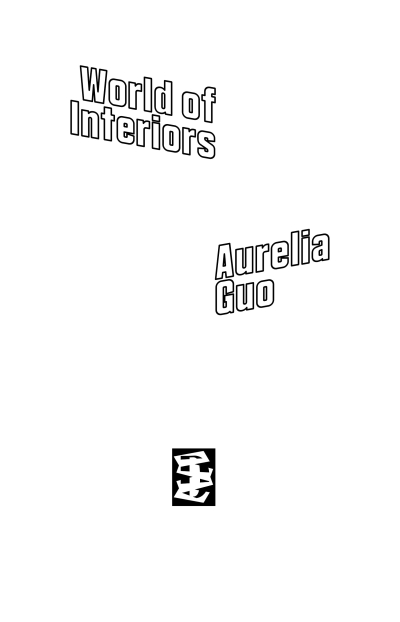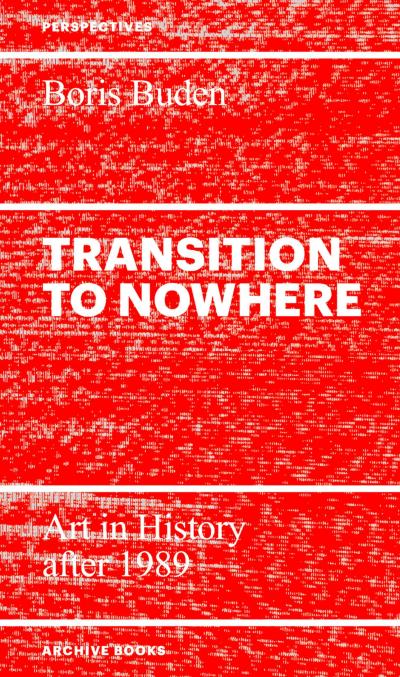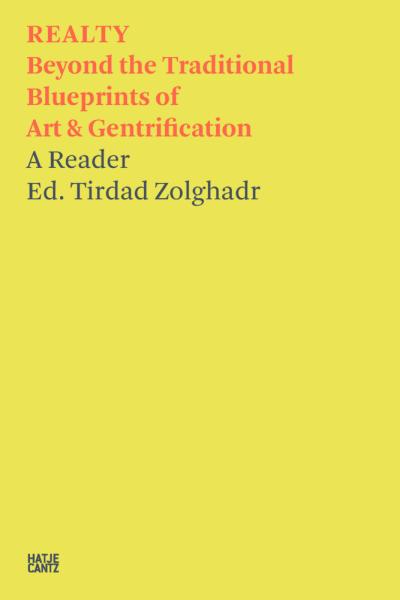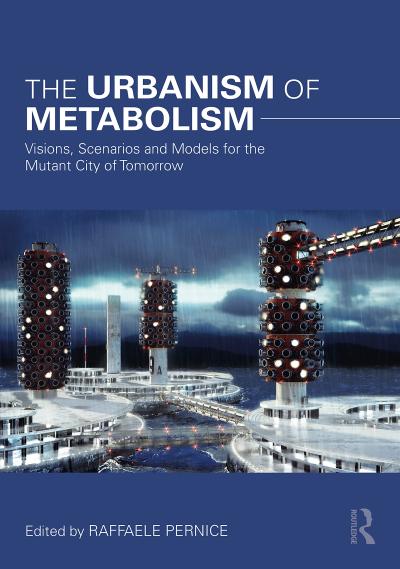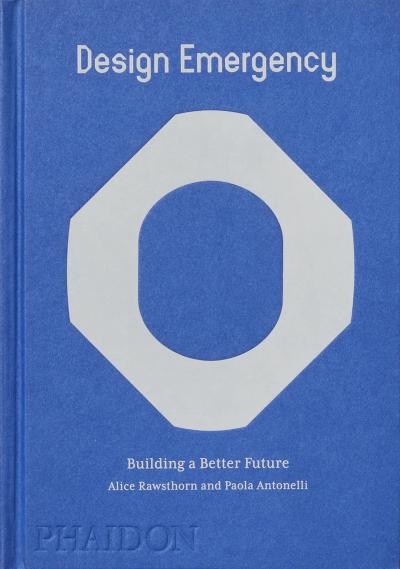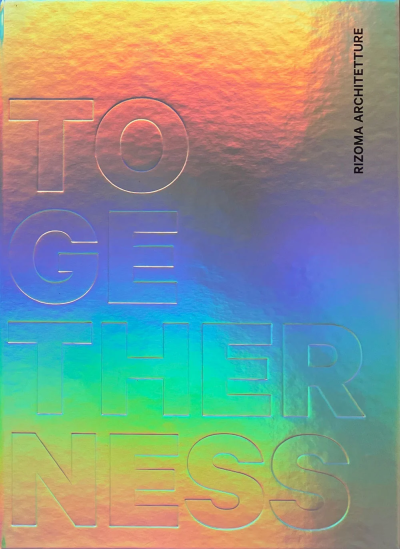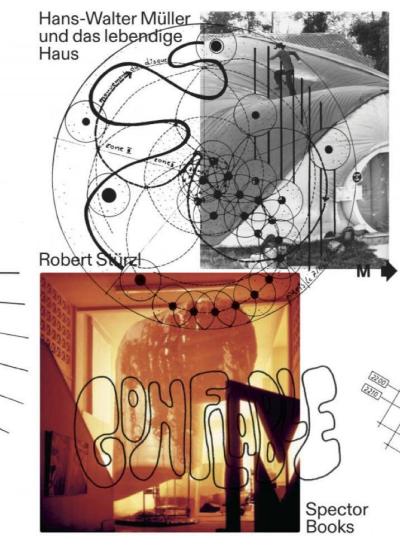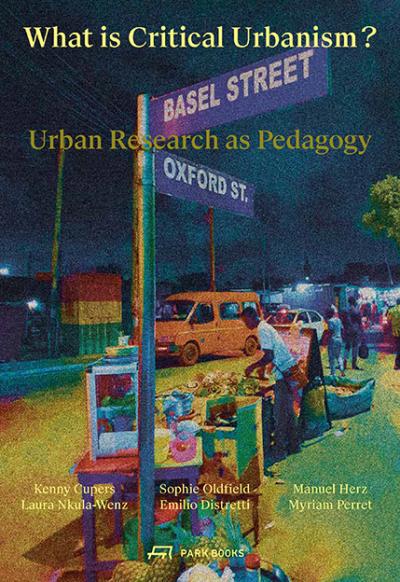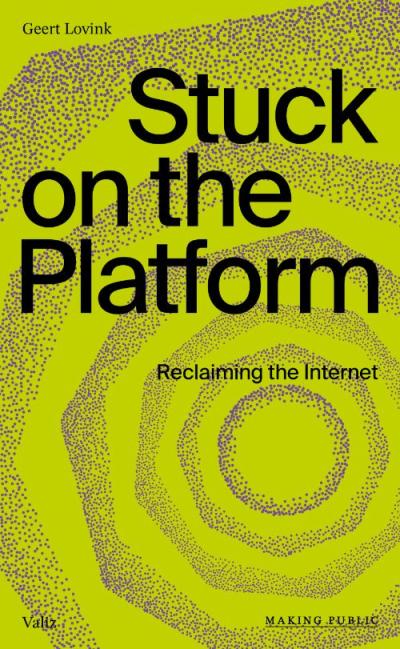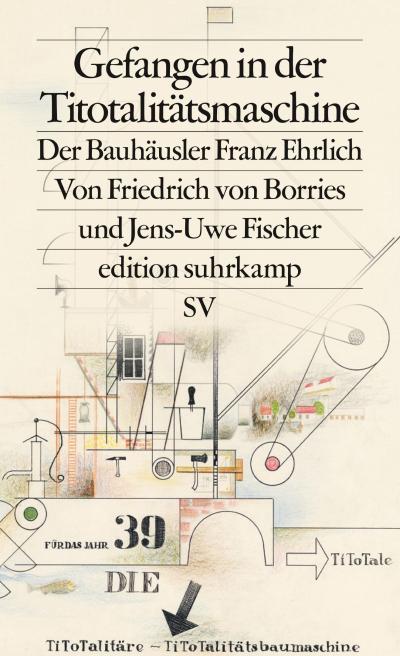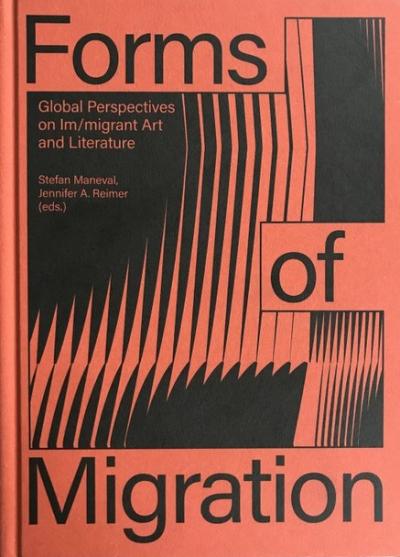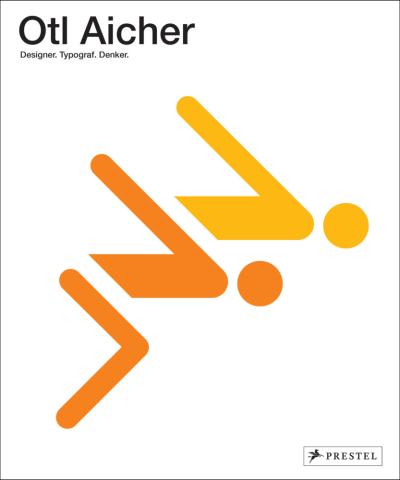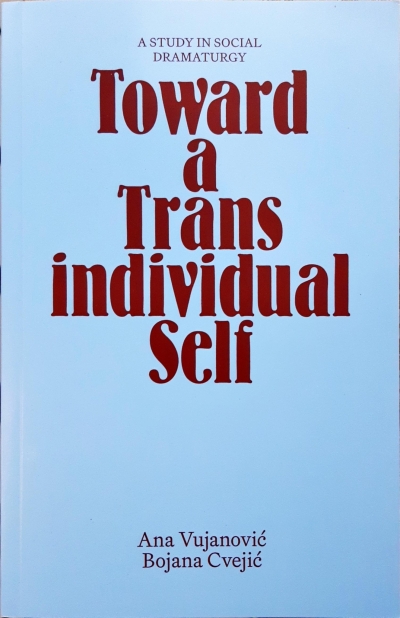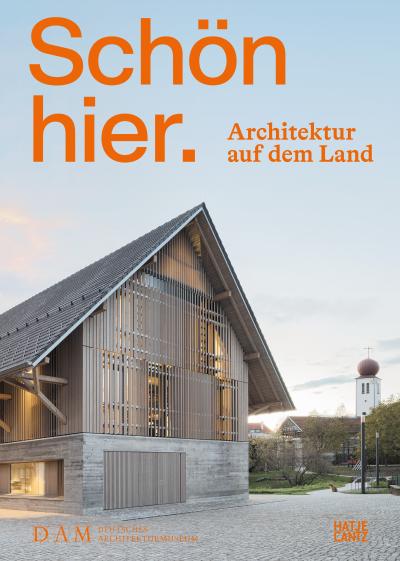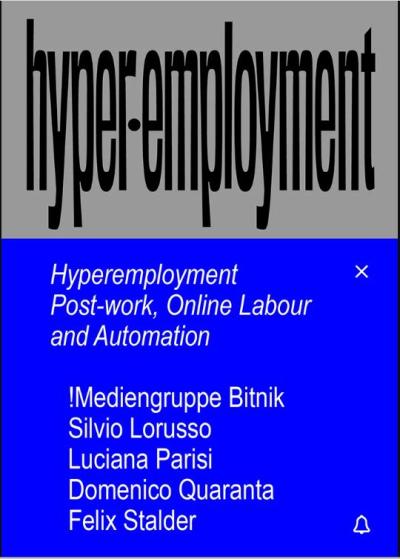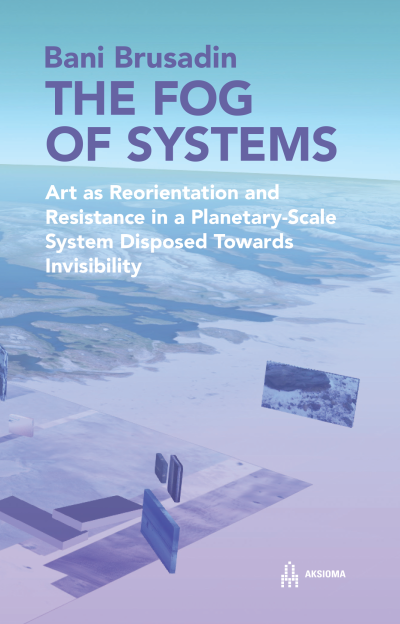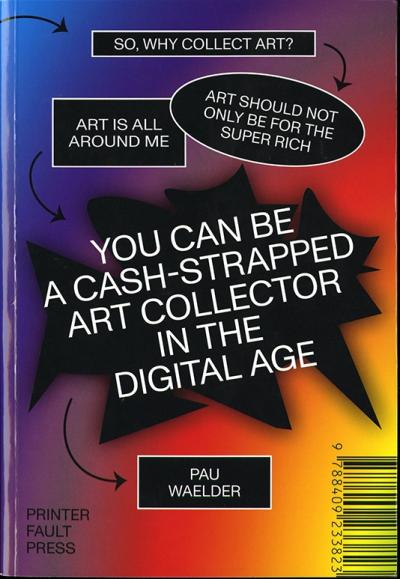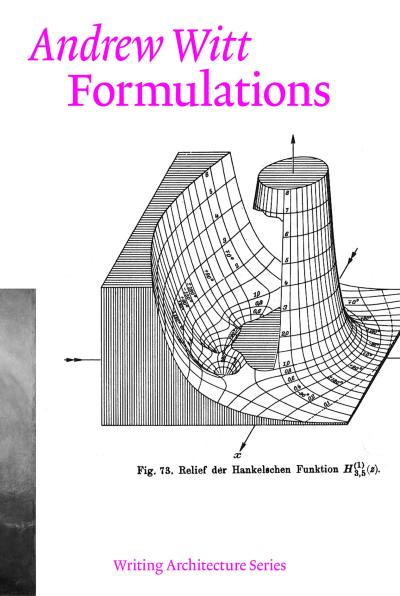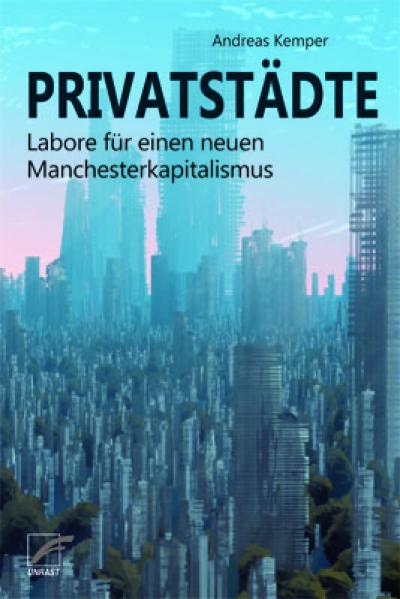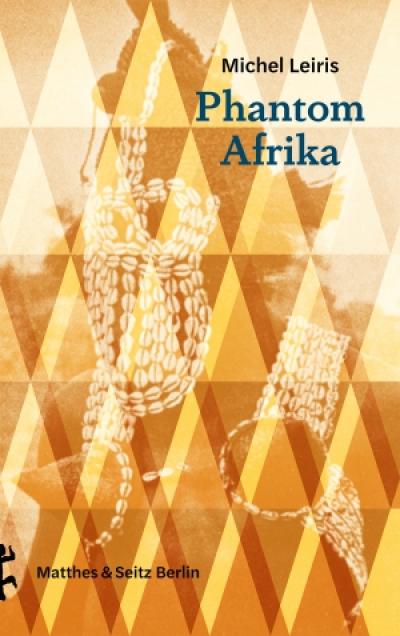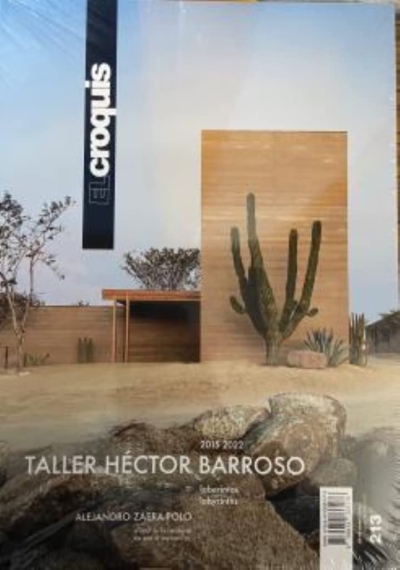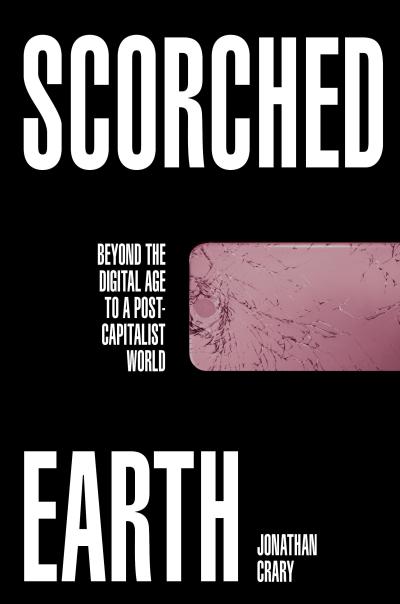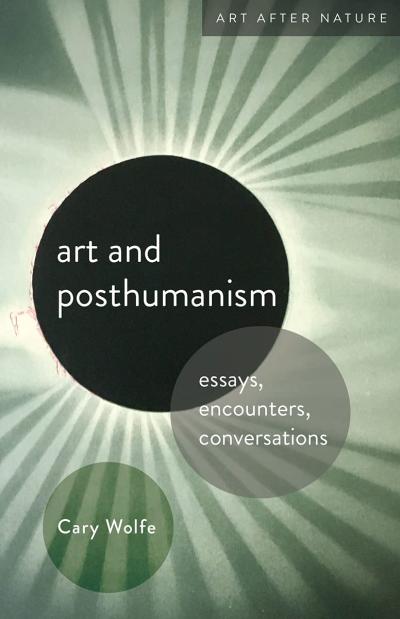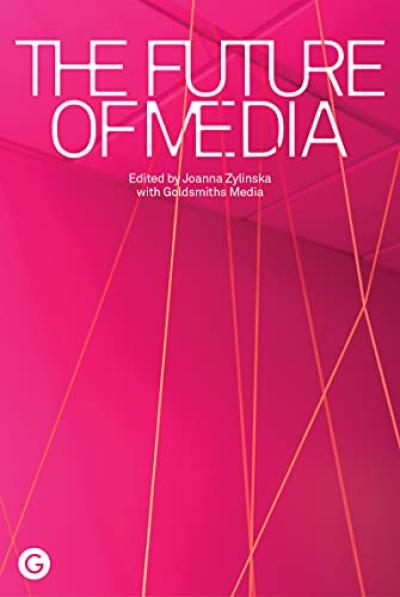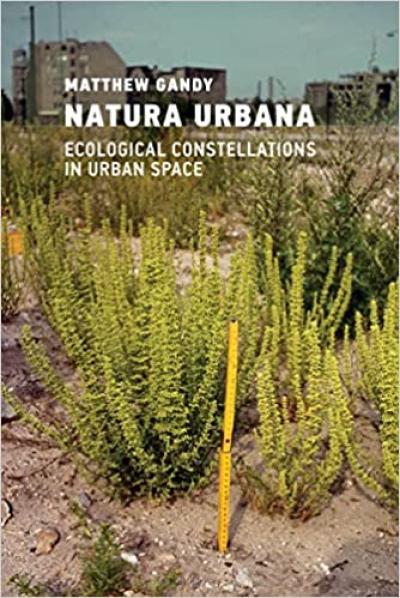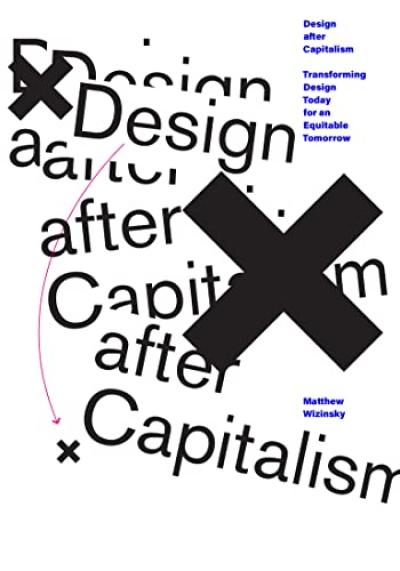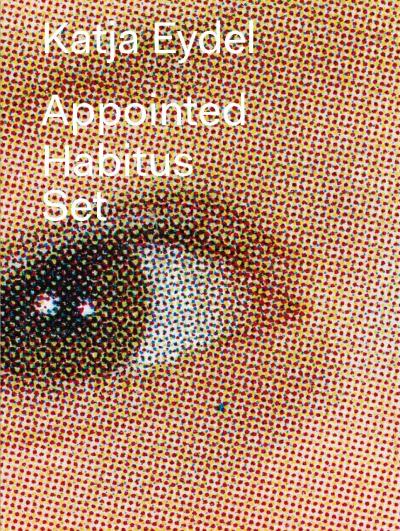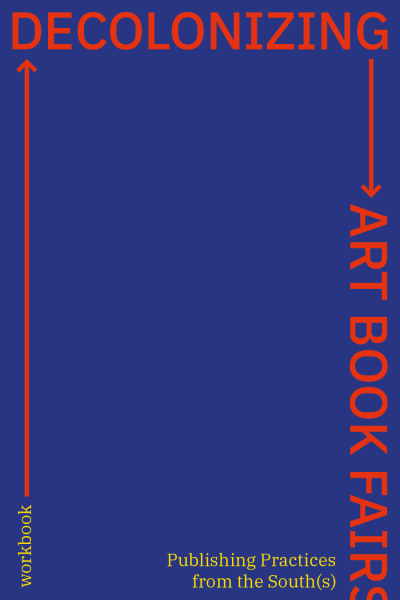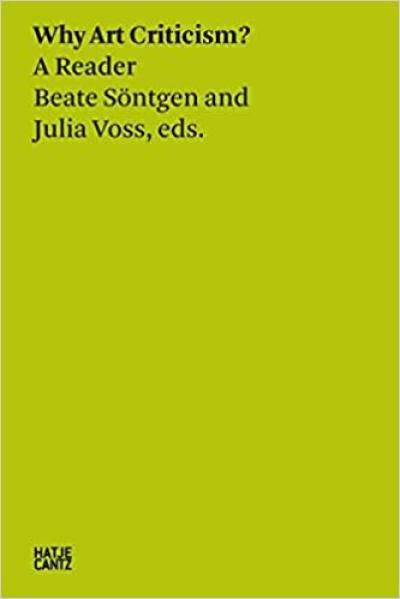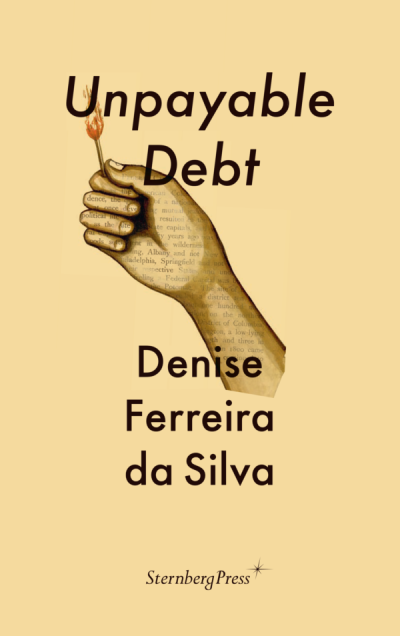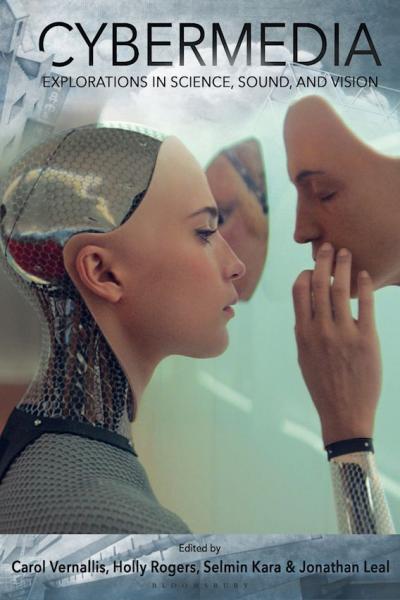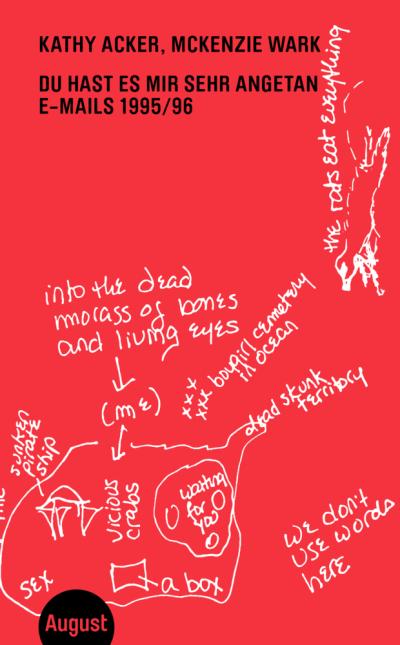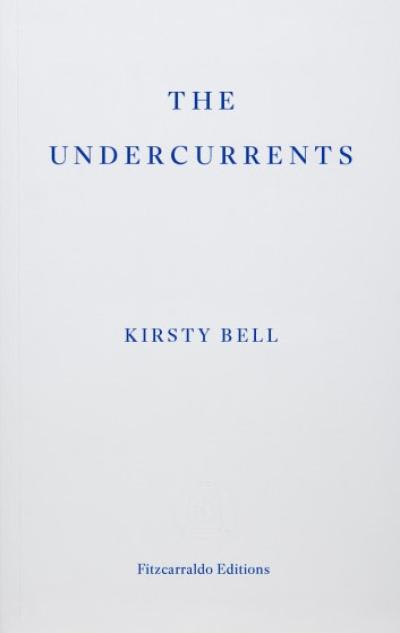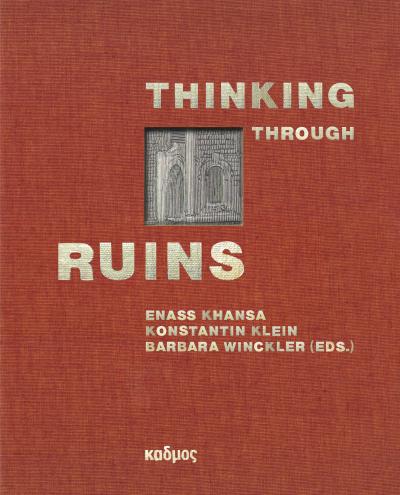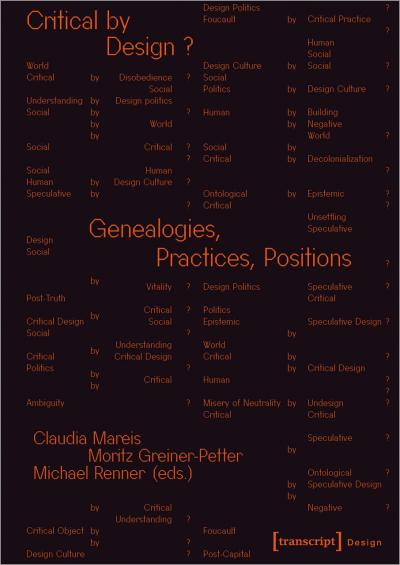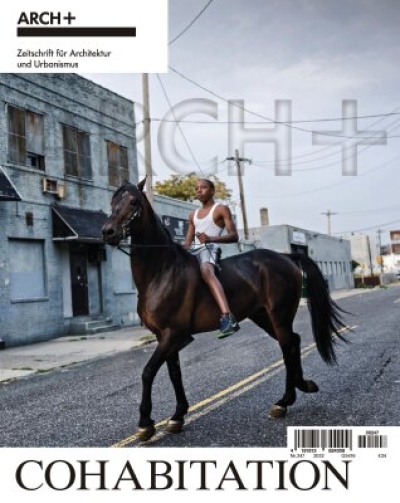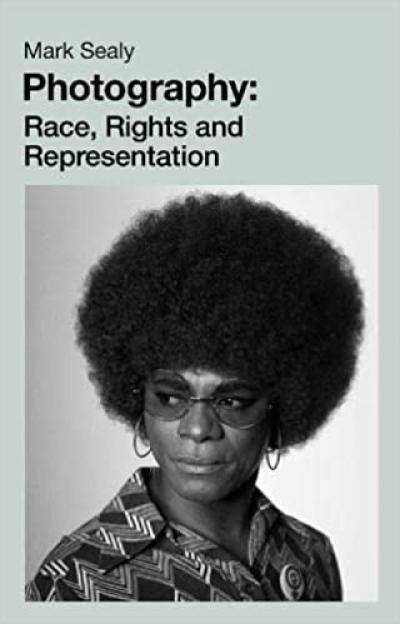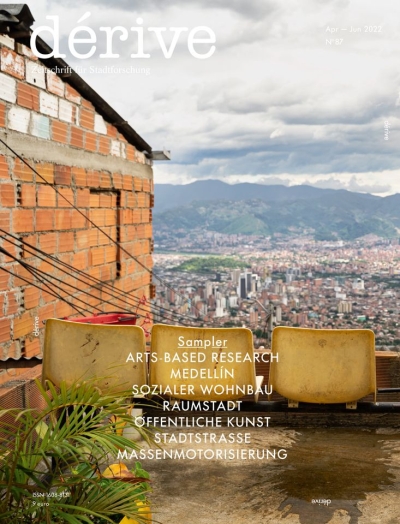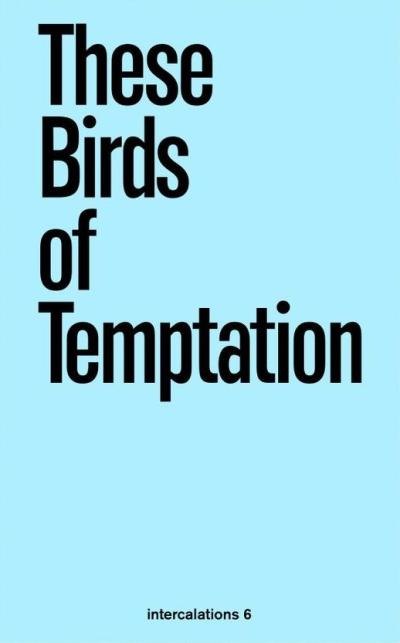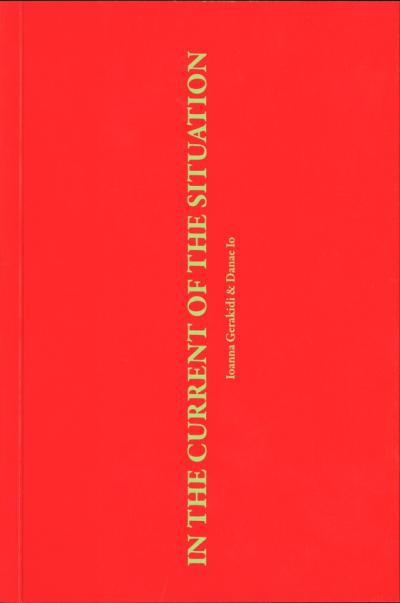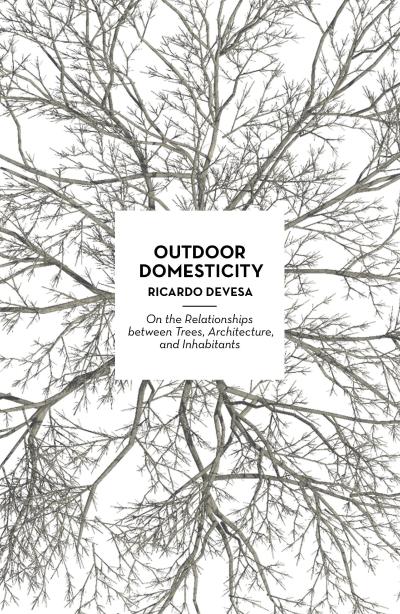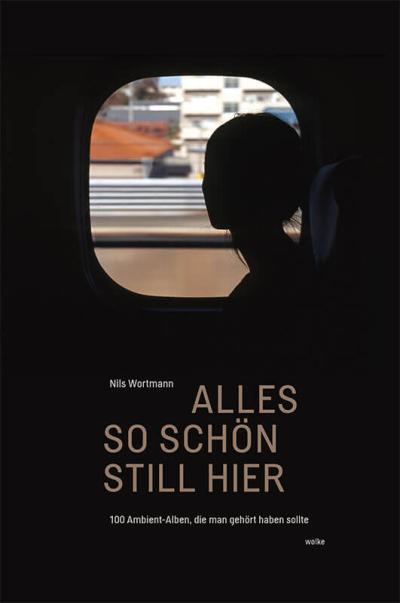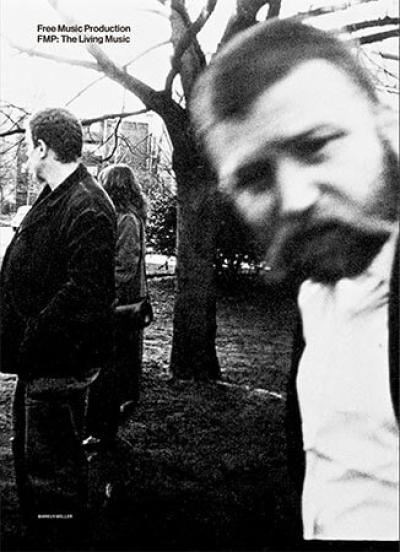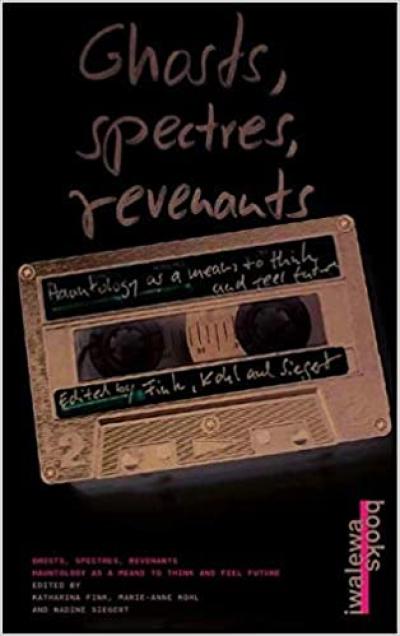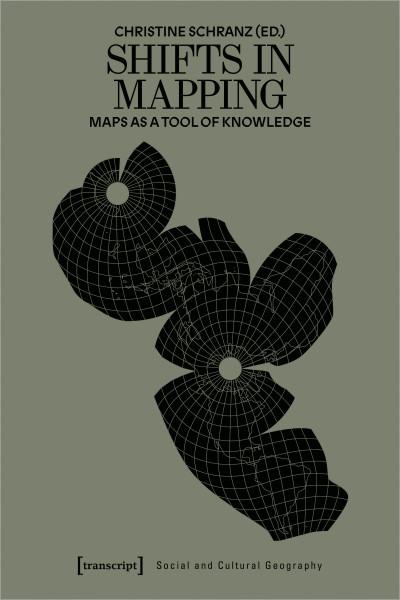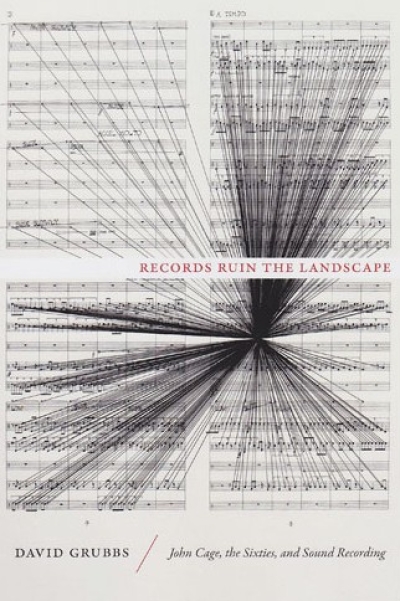
Records Ruin the Landscape. John Cage, the Sixties, and Sound Recording
John Cage's disdain for records was legendary. He repeatedly spoke of the ways in which recorded music was antithetical to his work. In Records Ruin the Landscape, David Grubbs argues that, following Cage, new genres in experimental and avant-garde music in the 1960s were particularly ill-suited to be represented in the form of a recording. These activities include indeterminate music, long-duration minimalism, text scores, happenings, live electronic music, free jazz, and free improvisation. How could these proudly evanescent performance practices have been adequately represented on an LP? In their day, few of these works circulated in recorded form. By contrast, contemporary listeners can encounter this music not only through a flood of LP and CD releases of archival recordings, but also in even greater volume through Internet file-sharing and online resources. Present-day listeners are coming to know that era's experimental music through the recorded artifacts of composers and musicians who largely disavowed recordings. In Records Ruin the Landscape, Grubbs surveys a musical landscape marked by altered listening practices.
"Records Ruin the Landscape is a pleasure to read, full of wonderful anecdotes and historical material. David Grubbs approaches John Cage and his legacy from a new and refreshing angle, by examining the vexed relationship of experimental and improvised music to recording and phonography. The questions that he poses - about the ontology and potentiality of recording in relation to live performance, improvisation, chance, and indeterminacy - are important, and he answers them in smart and provocative ways." - Christoph Cox, coeditor of Audio Culture: Readings in Modern Music "The premise of [Grubbs's] understandably authoritative first book is that experimental music's flowering in the 1960s... was incompatible with the limitations of orthodox recording formats...With an engaging frankness... Grubbs contrasts this tendency with his own fan-by appetite for records and the documentary efficacy of the contemporary digital realm, concluding positively that the latter potentially offers unmediated, universal access to the panoply of esoteric music - something unthinkable in the 1960s." - David Sheppard, Mojo "Ambivalence is a central theme of David Grubbs' records Ruin the Landscape. Specifically his interest is in experimental music of the 1960s [...] This is an engaging book." - Times Higher Education "The book is a swift and delightful document of ambivalence. [...] One needn't be a committed fan of Cage's, or Bailey's, to enjoy the challenge of thinking about how recordings alter, enhance, or distort the experience of live performance." - New Yorker "For compositions whose whole raison d'etre is to generate a drastically different realization with every performance (most often by providing "scores" that give the performers tremendous latitude), no recording of any one performance could be said to "be" the piece. David Grubbs's exhaustively researched Records Ruin the Landscape explores this dilemma specifically as it affected the generation of avant-garde composers who hit their stride in the sixties, John Cage being the most prominent and outspoken among them." - Los Angeles Review of Books "The risk writers run, of course, with the big questions approach, is universalising their personal narrative in order to present the big answer. Grubbs is too skilled and self-aware to run into this problem. His breadth of research in musicology and aesthetic theory is balanced in this short and engaging book with candid writing about his own experiences of recordings of experimental music. [...] It is testament to Grubbs's sensitivity as a writer that sympathetic picture merges of these musicians, who seem often to be railing against hierarchies they can't quite help being part of." - The Wire "[A] rather magnificent survey of the ideas of the experimental music world over the last 40 or 50 years that doubles as an offhanded paean to record collecting. Grubbs not only knows about all of this stuff, he cares deeply about it, and there aren't that many punk guitarists whose range of interests is quite this wide [...] In this way, it seems that Grubbs is sort of a one of a kind." - Salon
David Grubbs is Associate Professor in the Conservatory of Music at Brooklyn College, City University of New York, where he also teaches in the M.F.A. programs in Performance and Interactive Media Arts and Creative Writing. As a musician, he has released twelve solo albums and appeared on more than 150 commercially released recordings. Grubbs was a founding member of the groups Gastr del Sol, Bastro, and Squirrel Bait, and has appeared on recordings by the Red Krayola, Tony Conrad, Pauline Oliveros, Will Oldham, and Matmos, among other artists. He is known for cross-disciplinary collaborations with the writers Susan Howe and Rick Moody and the visual artists Anthony McCall, Angela Bulloch, and Stephen Prina. A grant recipient in music/sound from the Foundation for Contemporary Arts, Grubbs has written for "The Wire," "Bookforum," and the "Suddeutsche Zeitung."
